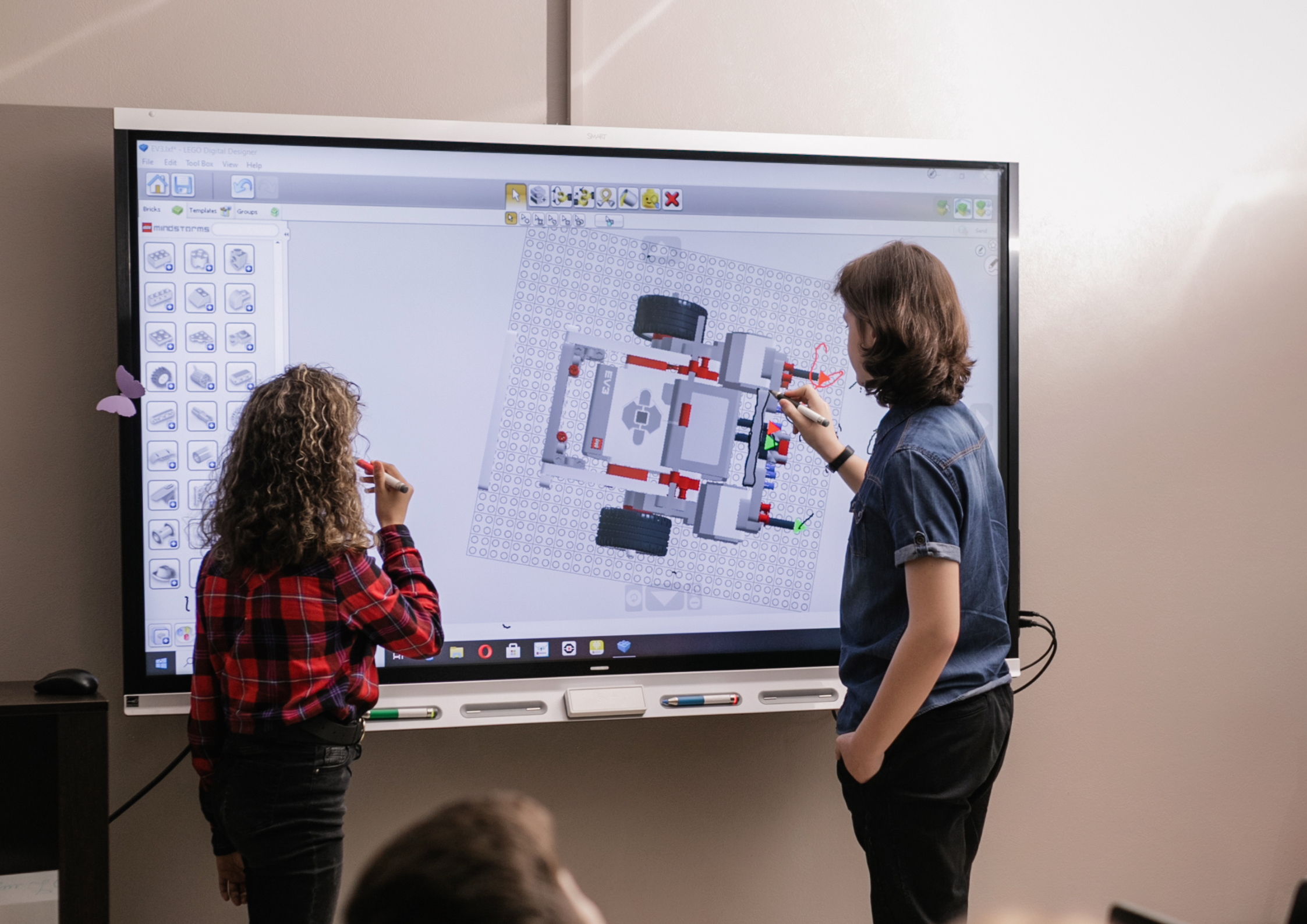Samsung survey reveals AI challenges in STEM education as teachers struggle with limited resources
A recent survey conducted by Samsung Solve for Tomorrow in collaboration with DonorsChoose has identified significant challenges in integrating AI into STEM education.
While nearly all surveyed educators recognize AI’s growing role in classrooms, most report lacking the resources needed to implement it effectively.
The survey gathered responses from 1,039 public middle and high school teachers across the United States. It found that 96% believe AI will be a key part of education within the next decade, yet 97% say they do not have the tools or training necessary to incorporate it into their teaching.
AI in the classroom
53% reported already using AI-based tools in some capacity, while another 33% are exploring potential applications. The most common uses include interactive learning platforms (20%), personalized instruction (22%), and student performance analysis (11%).
However, concerns remain about AI’s impact on education. Teachers cited academic integrity issues such as plagiarism (20%), lack of training on AI tools (15%), the spread of misinformation (13%), and reduced direct interaction between students and educators (12%) as key challenges. Job security concerns were minimal, with only 5% worried about AI displacing teachers.
The survey also highlighted the importance of responsible AI use, with 88% of educators emphasizing the need to teach students about ethical considerations.
Gaps in STEM curriculum and teacher resources
Despite strong support for STEM education, many teachers believe their schools are not adequately preparing students for technological advancements. Only 36% of respondents said their curriculum effectively covers emerging topics such as AI, data science, robotics, automation, and sustainability-focused technologies.
Teacher shortages in STEM fields, though still a concern, have improved since Samsung’s previous survey. Reports of staffing gaps have declined from 65% in 2022/2023 to 37% in the latest findings.
The survey also examined entrepreneurship in STEM education. While 99% of teachers agreed that entrepreneurship skills—such as critical thinking, teamwork, and business acumen—benefit students, only 20% of public middle and high schools currently offer dedicated entrepreneurship courses.
Samsung Solve for Tomorrow aims to address some of these challenges by providing funding, training, and technology resources to schools. The program has distributed over $27 million in classroom technology and supplies across more than 4,000 schools. Samsung’s teacher academy also offers professional development on AI, design thinking, and entrepreneurship to help educators integrate these concepts into their lessons.
Allison Stransky, CMO at Samsung Electronics America, said:
"Samsung is committed to bridging the resource gap in STEM education. As AI reshapes industries and job markets, it’s essential to equip educators with the tools and training needed to integrate AI into their classrooms and prepare students for an AI-driven future. By fostering innovation and social impact through technology, we also inspire students to use their skills to improve their communities."

